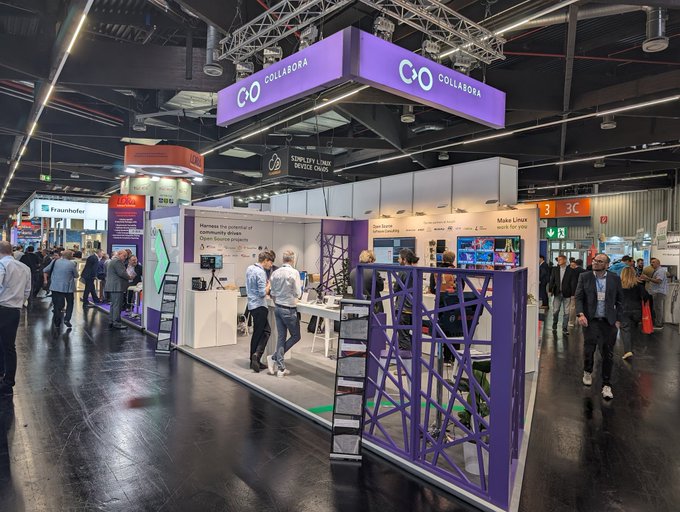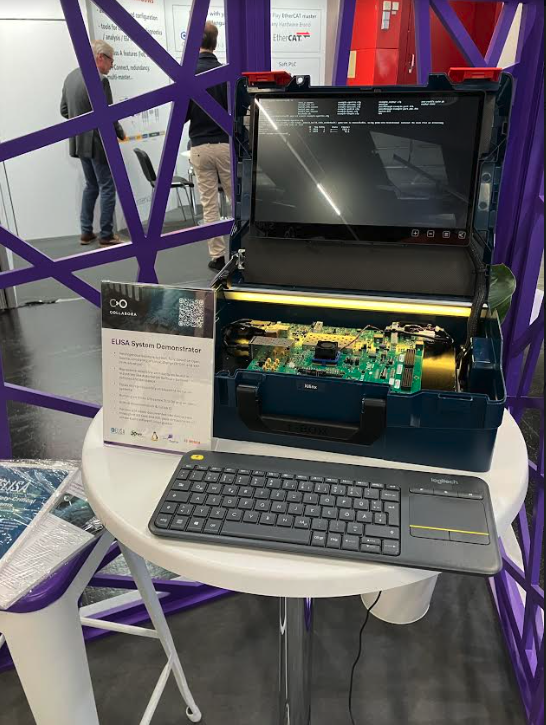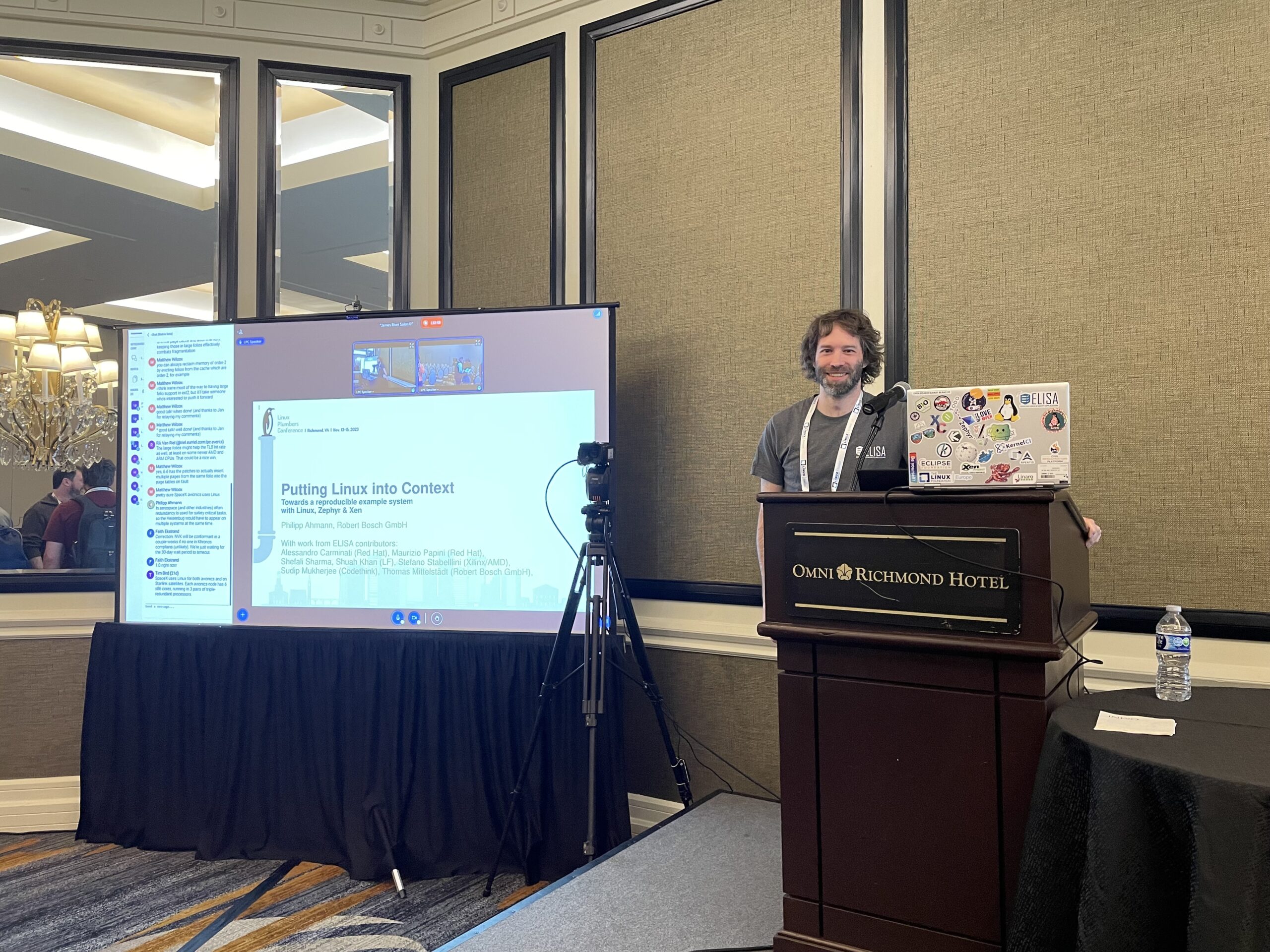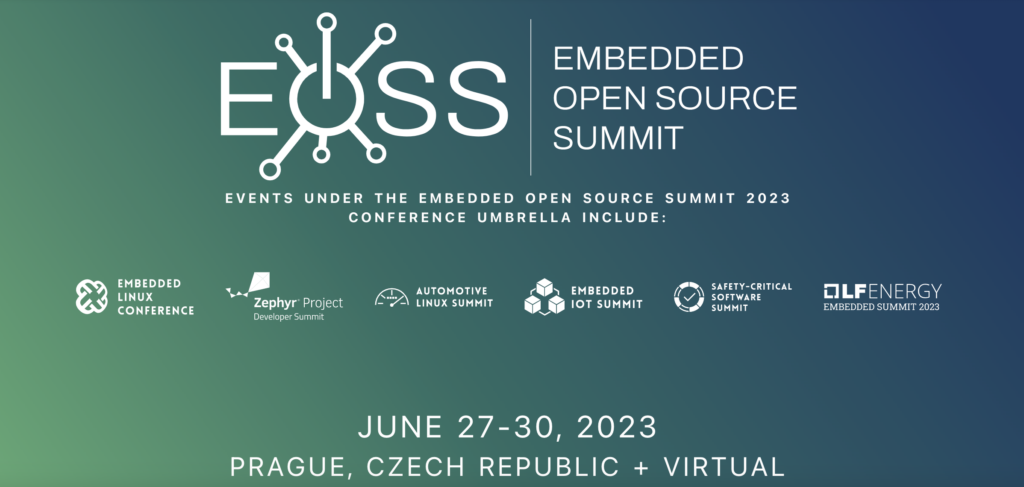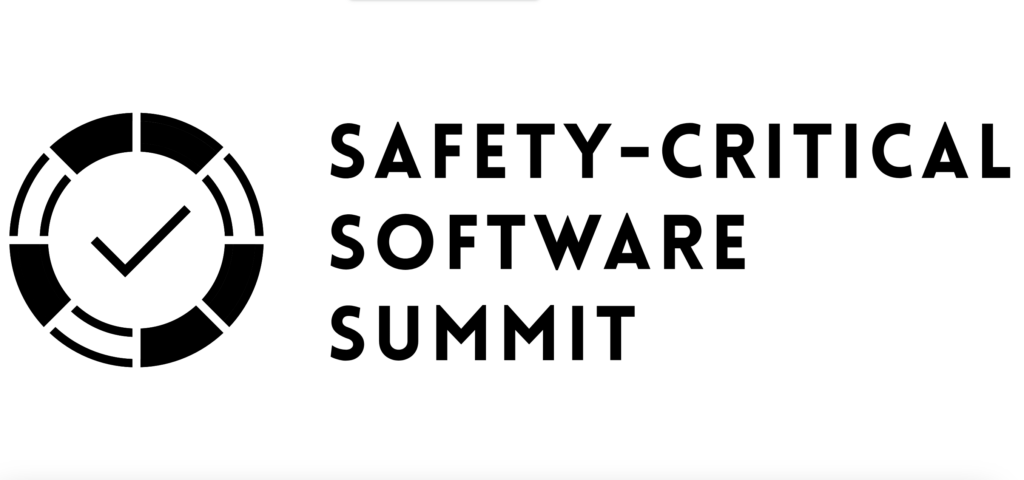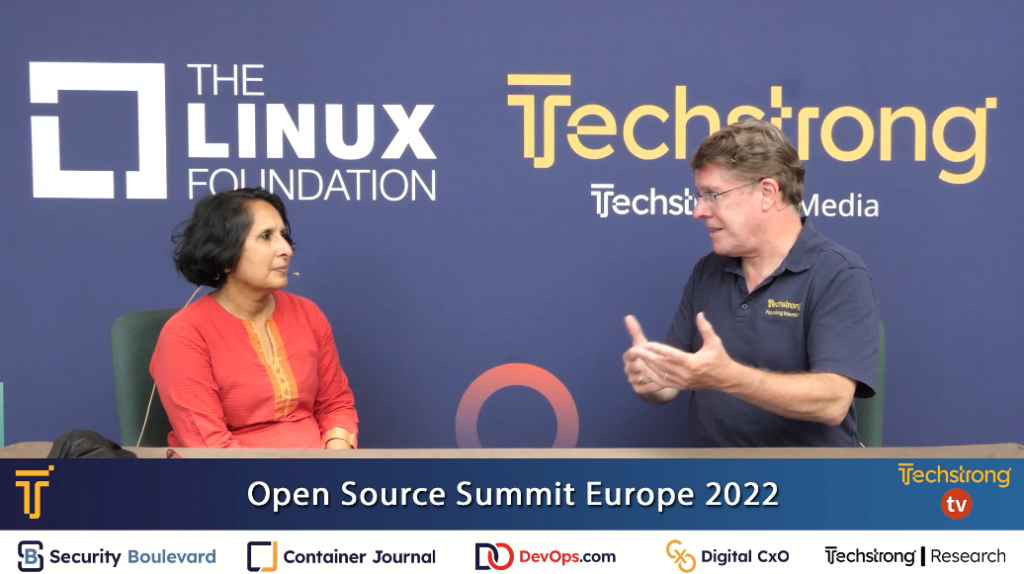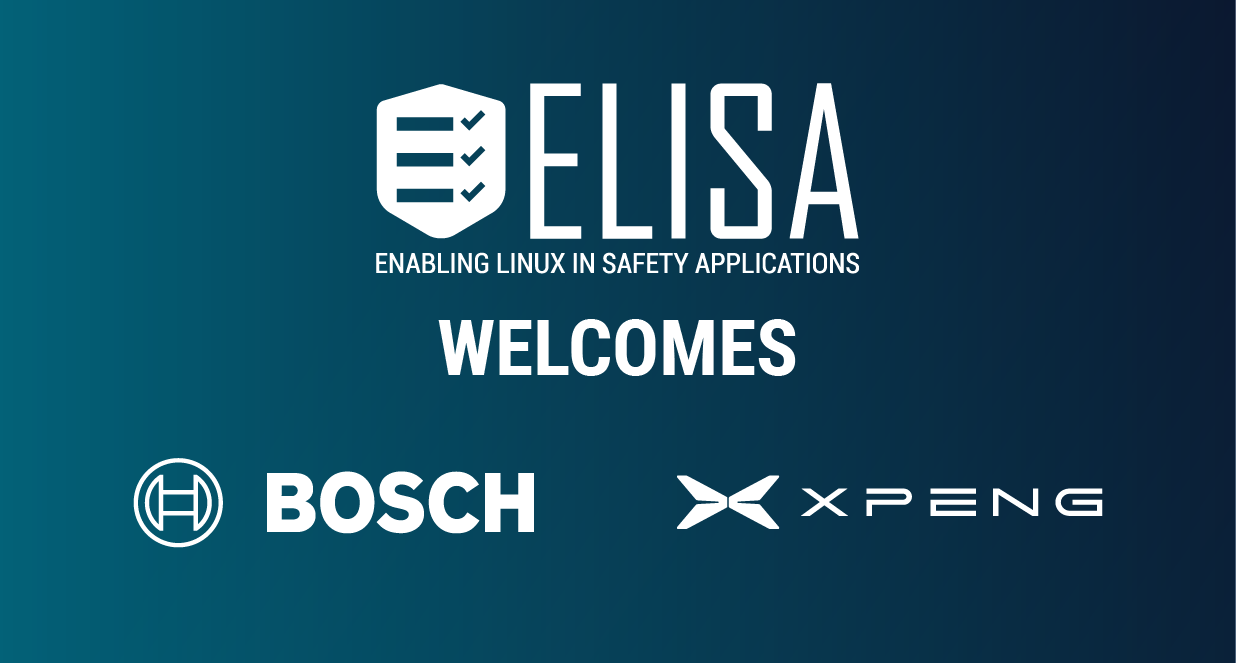Embedded Open Source Summit (EOSS) is an umbrella event for open source embedded projects and developer communities to come together under one roof for important collaboration, discussions and education. The event is composed of different micro conferences including Embedded Linux Conference, Zephyr Developer Summit, and Safety-Critical Software Summit.
The Safety-Critical Software Summit took place under the Embedded Open Source Summit, where more than 860 individuals attended in-person at the event with 79% holding technical positions.
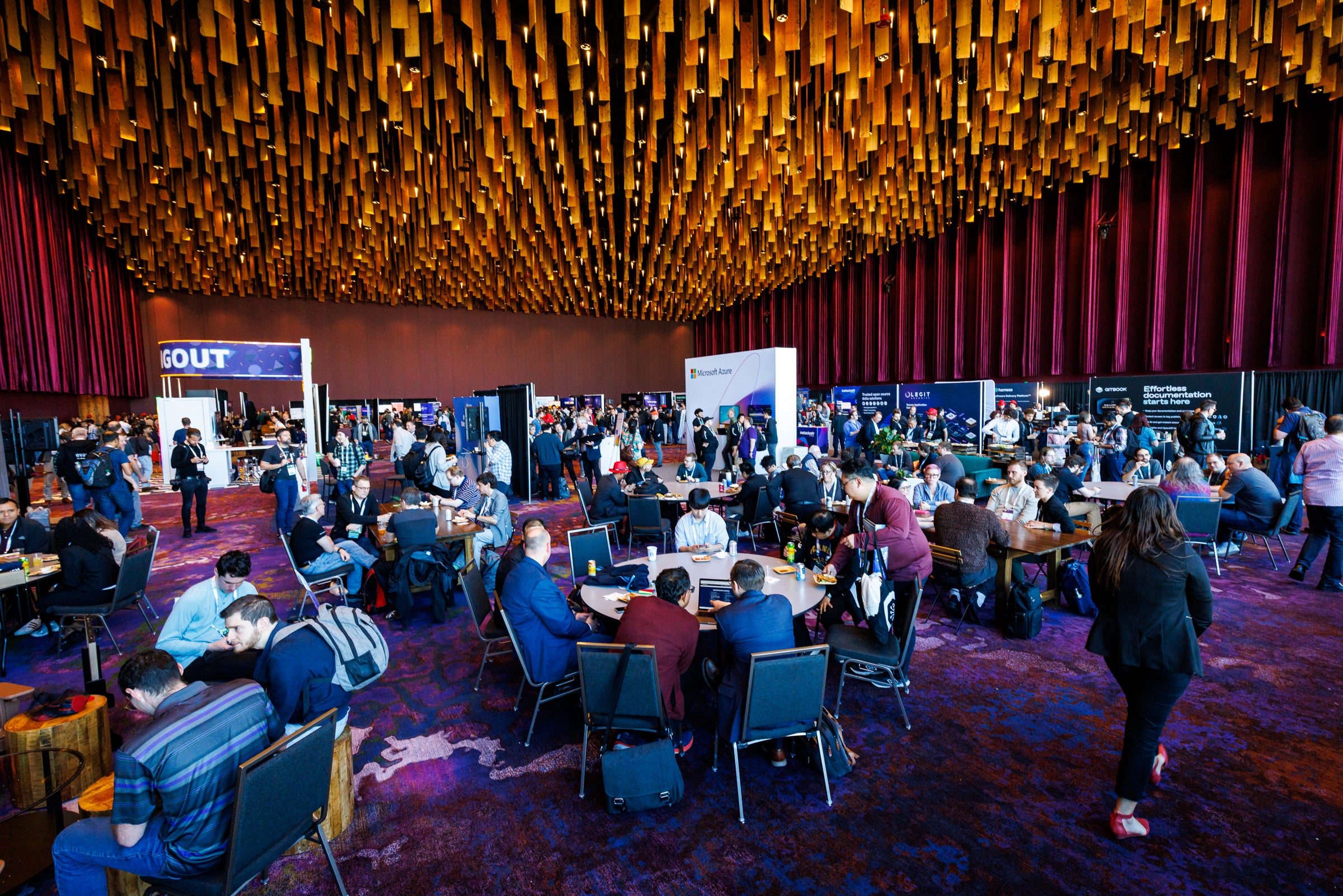
At the Safety Summit, Philipp Ahmann, ETAS presented on the ELISA Project, which focuses on enabling open source software in safety-critical applications. The growing need for safety integrity standards in open source projects offers both challenges and opportunities to enhance software quality, particularly in testing, documentation, robustness, and dependability. ELISA aims to be a central hub for safety-critical workloads, collaborating with projects such as Xen, Zephyr, Yocto, and SPDX.
Philipp’s session began with an overview of ELISA’s goals and activities. The focus then shifted to an open discussion on elements, processes, and tools that can enhance trust in open source software for safety, paving the way towards potential certification. The session emphasized the importance of community involvement and collaboration to address the challenges and opportunities in making open source software safety-certifiable.
Key points of the presentation included the focus on various open source projects and their relationship to functional safety. For instance, the Zephyr project integrates safety from the design phase, with premium members having access to comprehensive safety documentation and testing materials. In contrast, Xen prioritizes security and industrial-grade operations, offering rigorous quality processes and strong traceability from initial commit to testing pipelines. Philipp emphasized the importance of community involvement, noting that premium members, like AMD, drive the safety certification efforts for Xen.
The ELISA project distinguishes itself by not directly delivering a “safe Linux,” but by supporting integrators and system creators in making Linux-based systems safety-certifiable. Key members include Red Hat, SUSE, Canonical, Wind River, and Elektrobit, among others. ELISA focuses on creating reproducible systems with CI pipelines that cover documentation, testing, and error detection, enabling users to hook into various stages of the process.
Philipp also discussed the complexity of certifying Linux-based systems due to their inherent flexibility and configurability. He highlighted the challenges of aligning Linux with traditional safety-critical operating systems, which are typically small, fixed, and non-configurable. The presentation also covered the broader scope of ELISA’s work, which includes interactions with various standards bodies and the development of reference systems to demonstrate safety applications.
The ELISA project promotes best practices and aims to ensure that its work is accepted by the open source community. This includes contributions to the Linux kernel and related projects, as well as interactions with other initiatives like CIP and SOAFEE. He also mentioned ongoing efforts to develop use cases and practical applications, such as electric vehicle charging stations and medical devices, to better understand and address the safety needs of different industries.
In conclusion, the ELISA Project is committed to enabling the use of open source software in safety-critical applications through collaboration, comprehensive documentation, robust testing, and continuous improvement. The project seeks to engage the broader community in its efforts, recognizing that the collective expertise and contributions of its members are essential to achieving its goals. The presentation underscored the importance of open communication, shared best practices, and a commitment to safety in driving the project forward.
You can find the presentation slides here
To see all of the videos from the Summit, visit the ELISA Youtube Channel and click on the Safety-Critical Software Summit Playlist.
Learn more about the ELISA Project by:
- Joining a Working Group
- Following us on X at @ProjectElisa
- Connecting with our LinkedIn page
- Subscribing to our Youtube Channel


